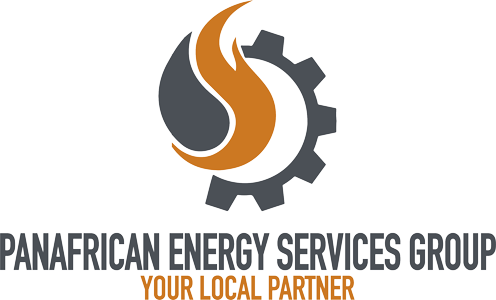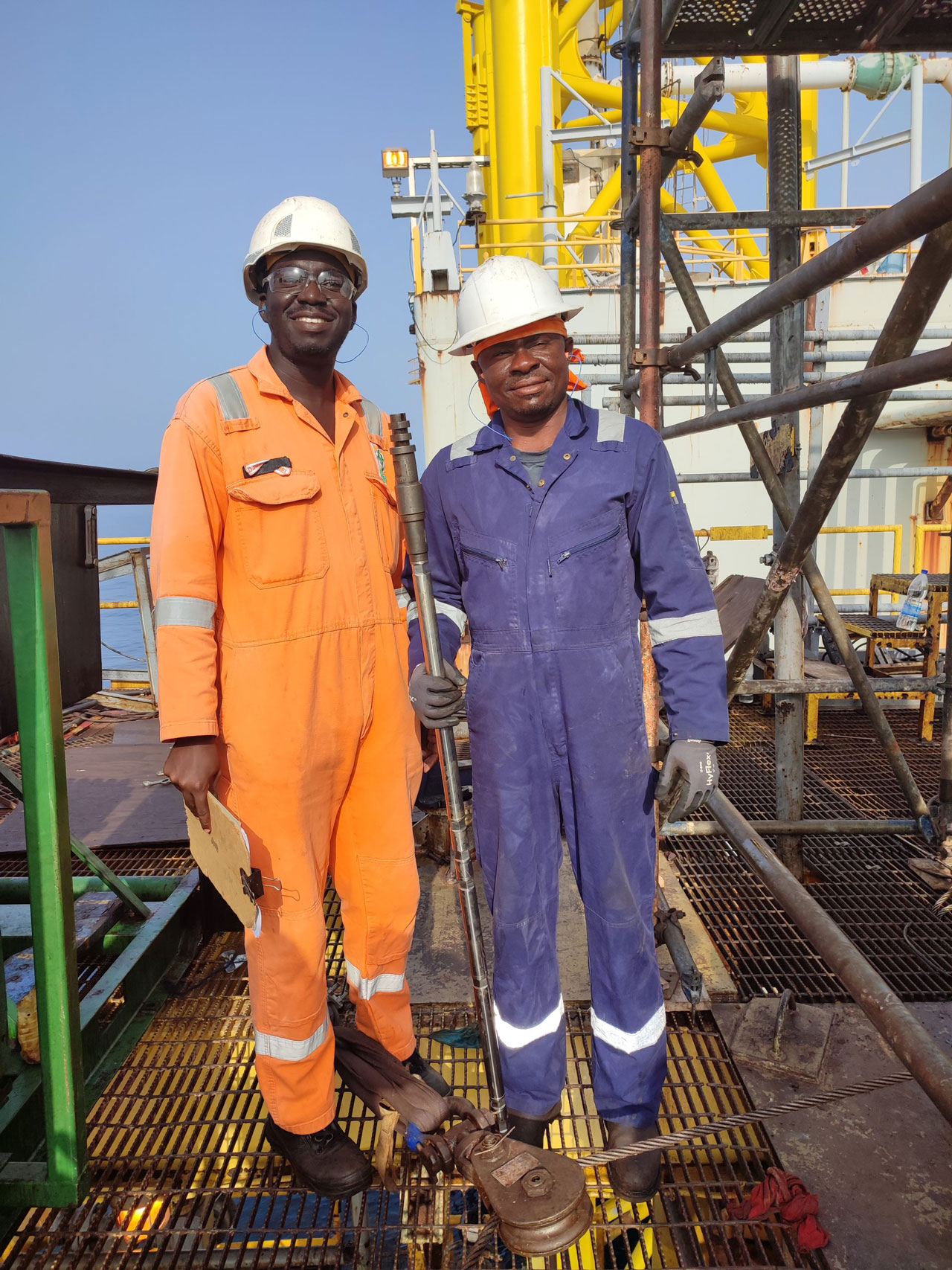The African oil and gas market, especially in countries like Côte d’Ivoire, Congo, Cameroon, Benin, and Senegal, presents both immense opportunities and formidable challenges. For local companies like Panafrican Energy Services Group (PESG), operating in this competitive landscape involves navigating complex barriers to stay relevant against international oil services giants.
The Competitive Landscape
International oil service companies have long dominated Africa’s energy markets. They bring with them advanced technologies, significant capital, and decades of global experience. These foreign competitors can quickly outpace local firms when it comes to large-scale operations, leaving smaller regional players with the task of carving out their own space in a fiercely competitive environment.
However, the recent push for local content policies by African governments has opened doors for companies like PESG. These policies encourage the involvement of local companies in oil and gas projects to promote national economic development. Yet, even with this advantage, the challenges of staying competitive remain daunting.
Niche Services: A Focus on Specialization
One of the ways PESG stays relevant in the oil and gas market is by focusing on niche services. Instead of competing head-to-head with international companies across all sectors, PESG concentrates on areas where local expertise can provide significant value. These specialized services include:
- Well intervention and optimization: Maximizing production and extending well lifespans through tailored interventions.
- Corrosion control and surface protection: Providing vital services to prevent asset degradation in the harsh African environment.
- Seismic data processing and geophysical analysis: Offering advanced insights for exploration companies looking to make informed decisions about resource extraction.
By specializing in these areas, PESG can offer superior services that international companies may overlook or underinvest in.
Leveraging Local Expertise
Local companies have the benefit of understanding the regional dynamics better than their international counterparts. PESG leverages its knowledge of the local market, workforce, and cultural nuances, which enables it to build stronger relationships with local partners and authorities. In markets like Côte d’Ivoire, Cameroon, and Congo, where regulatory frameworks and bureaucratic systems can be complex, having this deep local understanding becomes a significant advantage.
Moreover, PESG’s ability to mobilize a skilled local workforce gives it a competitive edge. The company invests heavily in training and development, ensuring that local employees are well-equipped to handle complex oilfield tasks. This not only boosts the company’s capacity but also contributes to broader local content development, a key priority for many African governments.
Forming Strategic Partnerships
Another strategy that PESG employs to compete with international giants is forming strategic partnerships. By aligning with technology providers and manufacturers of oilfield equipment, the company is able to offer world-class services at a fraction of the cost of its international competitors. These partnerships enable PESG to access cutting-edge technologies and innovations, allowing them to remain competitive in sectors like:
- Subsea engineering: Working closely with partners to provide state-of-the-art subsea production systems.
- Enhanced oil recovery (EOR) technologies: Collaborating with global companies to bring advanced recovery methods to mature oil fields.
These alliances have allowed PESG to punch above its weight, providing services that rival international oilfield service providers without the associated costs and overhead.
Advocating for Supportive Government Policies
Government policies play a crucial role in leveling the playing field between local companies and international corporations. PESG actively advocates for policies that support local oil and gas companies, such as preferential contracts for local service providers and incentives for capacity-building initiatives.
PESG also works closely with local governments to address barriers like taxation, licensing, and infrastructure development, which can hinder the growth of local firms. By ensuring that governments remain committed to creating an enabling environment, PESG helps pave the way for more local companies to thrive in the competitive oil and gas landscape.
Challenges on the Horizon
Despite these strategies, PESG and other local companies continue to face significant challenges. Access to capital remains a persistent issue, as international companies have deeper pockets and can outspend local firms in terms of research and development, marketing, and infrastructure investment. Additionally, the volatility of global oil prices means that even the most well-prepared companies must be agile and ready to adapt to sudden market shifts.
Another challenge is talent retention. While PESG invests heavily in training, international companies can often poach top local talent by offering more competitive compensation packages, creating a continuous cycle of skills drain.
Carving a Sustainable Path Forward
For PESG and other local oil service companies, the key to success in Africa’s oil and gas market lies in adaptation. By focusing on niche services, leveraging local expertise, forming strategic partnerships, and advocating for supportive government policies, local companies can carve out a sustainable path in an otherwise daunting landscape.
The road is fraught with challenges, but with careful planning and a focus on delivering high-quality, specialized services, local companies like Panafrican Energy Services Group can continue to grow and thrive, even in the face of international competition. The future of Africa’s oil and gas industry is promising, and with the right strategies, local companies can position themselves as key players in this evolving market.


